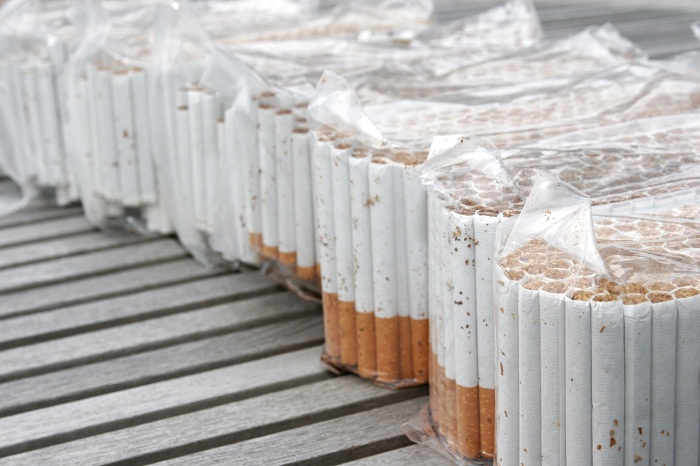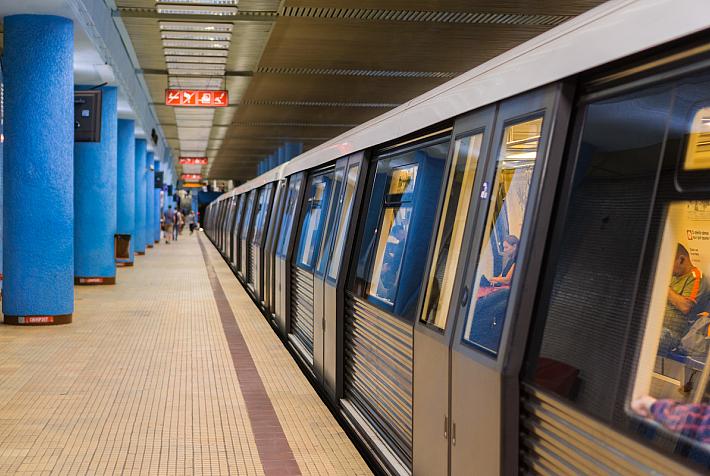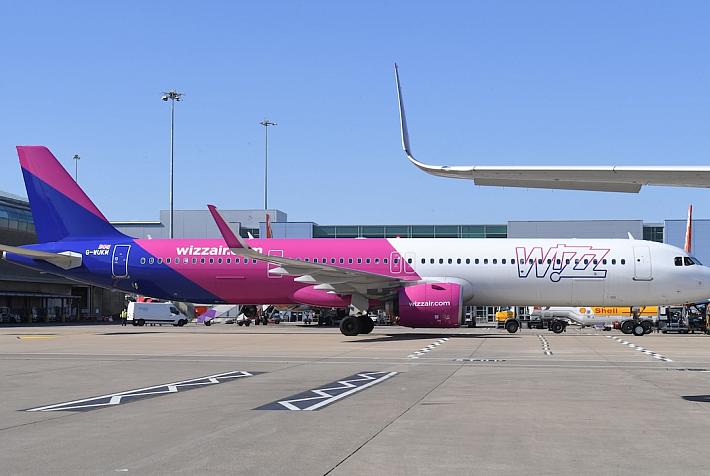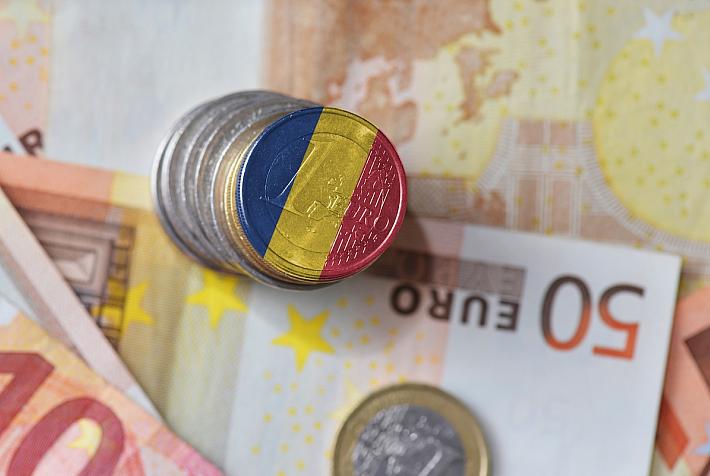Lucky 13 keeps Romanian cigarette black market going in 2012


Illicit cigarette trading in Romania maintained a steady level throughout 2012, approximately 13 percent of the total market, according to the latest Novel Research study. Despite slight month to month variations, with November marking a 1.2 percent drop as against September’s figures, the Romanian tobacco smuggling business is strongly maintaining its established position.
Duty Free remains the main source of illicitly traded cigarettes, holding 30.9 percent of the total black market, notes Marian Marcu, Novel Research Manager. According to a November 2012 overview of smugglers’ preferred countries of origin for their merchandise Serbia is losing ground, dropping 10.5 percent of its share down to 12.9 percent, Ukraine got an 8.6 percent boost, reaching a total 27.9 percent, while Moldova is providing 28.7 percent of the crop, maintaining the usual level.
The overall 2012 situation points to a series of significant increases as against last year’s figures, namely almost 5 percent more smuggled tobacco via the Duty Free and the Serbian channels. However, Romanian smugglers’ business relations to Moldova seem to have taken a plunge, with almost 9 percent off last year’s records.
The major Romanian players on the tobacco market note a significant reduction of the toll smugglers took on their business from the 28 percent of 2010 down to the 15 percent of 2011 and now to an average of 13 percent for 2012. This is attributed to a general improvement of the cross border cooperation of Police and Customs authorities, despite personnel and financial shortages affecting the Romanian authorities.
“We can say that the reduction of the illicit trading of Serbian products is mostly due to the special steps taken by the National Customs Authority this autumn at the South-Western border”, stated Gilda Lazar, Director Corporate Affairs & Communications, JTI Romania, Moldova and Bulgaria. “We are hoping that cross border cooperation, especially with Ukraine and Moldova, improves soon and that the fight against tobacco smuggling remains a priority of the Border Police, despite the personnel shortage this institution is facing,” added Lazar.
While their efforts in dismembering smuggler organizations are acknowledged, authorities are urged to focus more on the illicit tobacco trade as a means of helping the state budget.
“As mentioned several times before, every month, the tobacco industry contributes over EUR 200 million in excise duties and VAT to the state budget,” pointed out Adrian Popa, Director Corporate & Regulatory Affairs, BAT Romania. “Consequently, even one percent recovered for the legal market triggers substantial gains for the state budget,” concluded Popa.
Alignment with an average EU illicit tobacco trade level is also invoked as a possible incentive for authorities to take their fight against this phenomenon to the next level.
“According to a KPMG study, in the EU member States, Romania included, the illicit trading of cigarettes accounted, in 2011, for 10.4 percent of the total market,” stated Sorana Mantho, Director Corporate Affairs, Philip Morris Romania and Bulgaria. “The authorities’ objective for the following year should be that of reducing smuggling down to the respective European level,” concluded Mantho.
The tobacco industry has offered several suggestions aiming to support the authorities in their fight against this phenomenon. Among these, there is the need for an improvement of the legal framework, setting checkup and legal qualification mechanisms for crimes committed at cross border points without customs police officers, confiscating means of transportation used for smuggling activities and scanning vehicles crossing borders with tobacco cargoes for better traceability.
The tobacco industry ranks high on the list of main contributors to the Romanian state budget. Excise duties paid by the three main players on the Romanian tobacco market in 2011 accounted for almost 9 percent of the total budget incomes. The three companies contributed around EUR 2.75 billion in excise duties and VAT to the general consolidated budget last year.
Ioana Jelea, ioana.jelea@romania-insider.com
(photo source: BAT)















